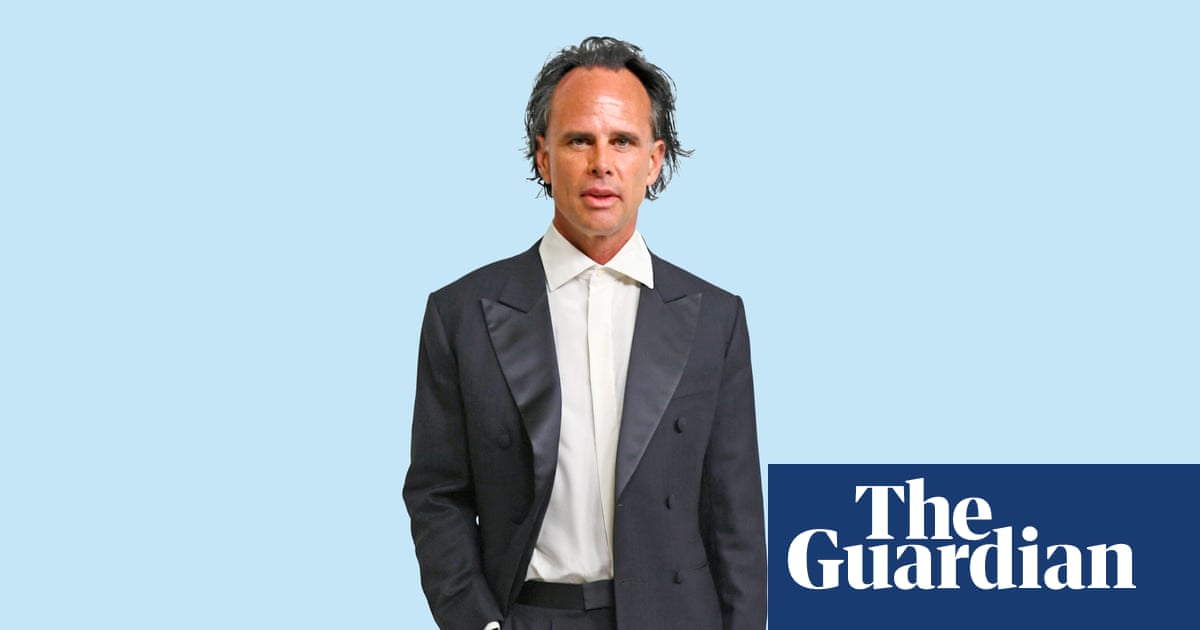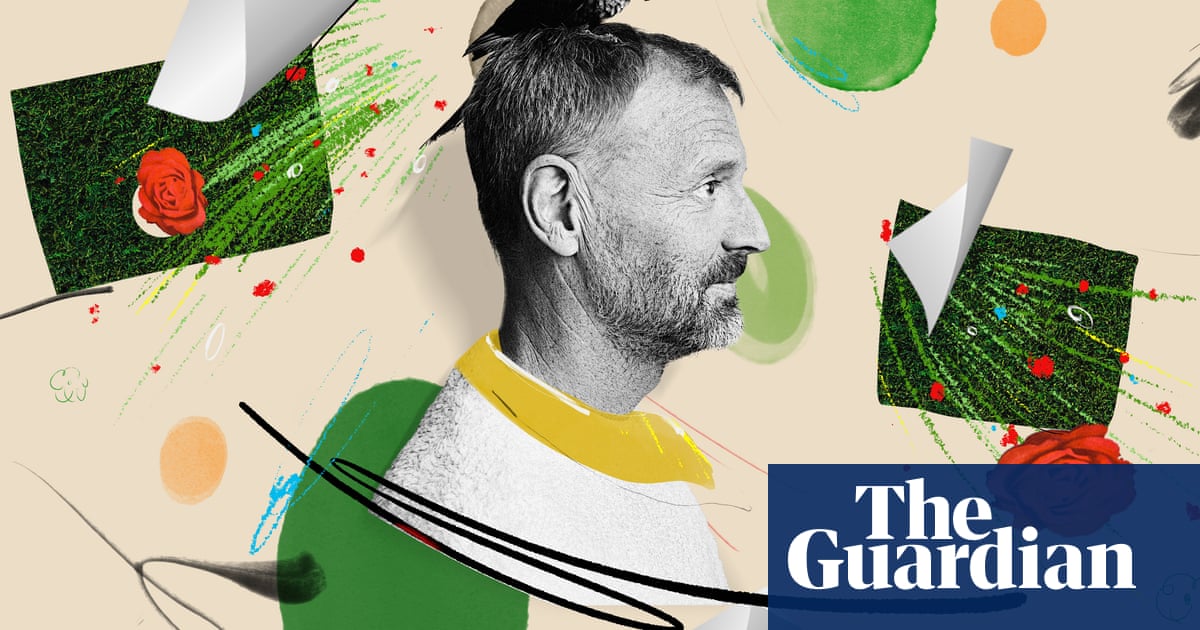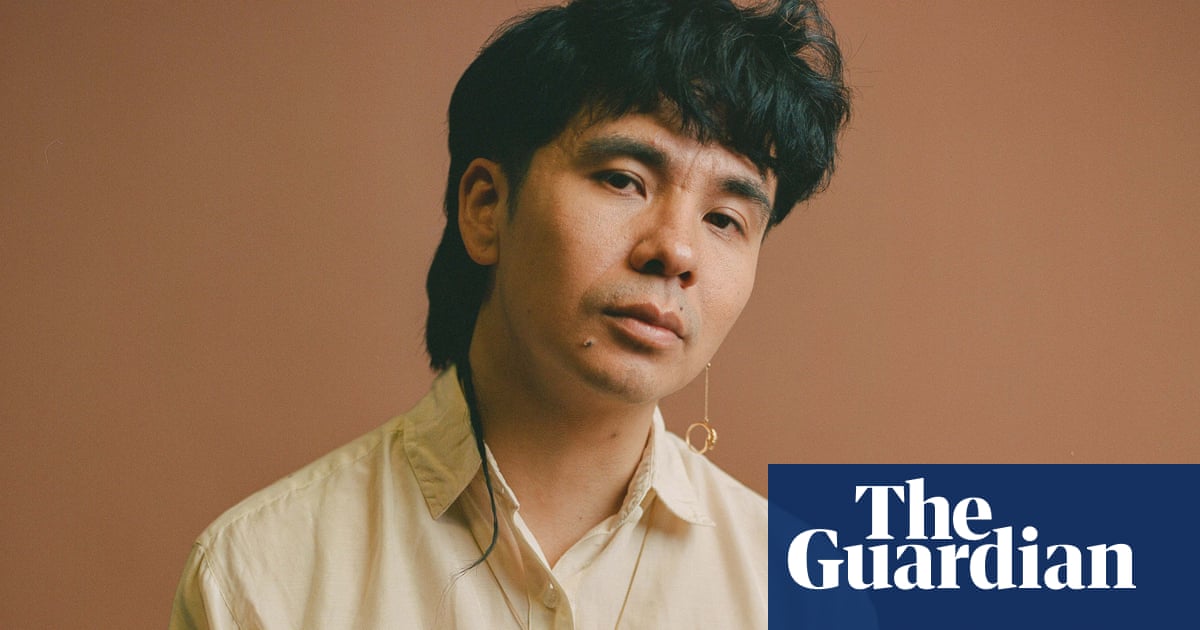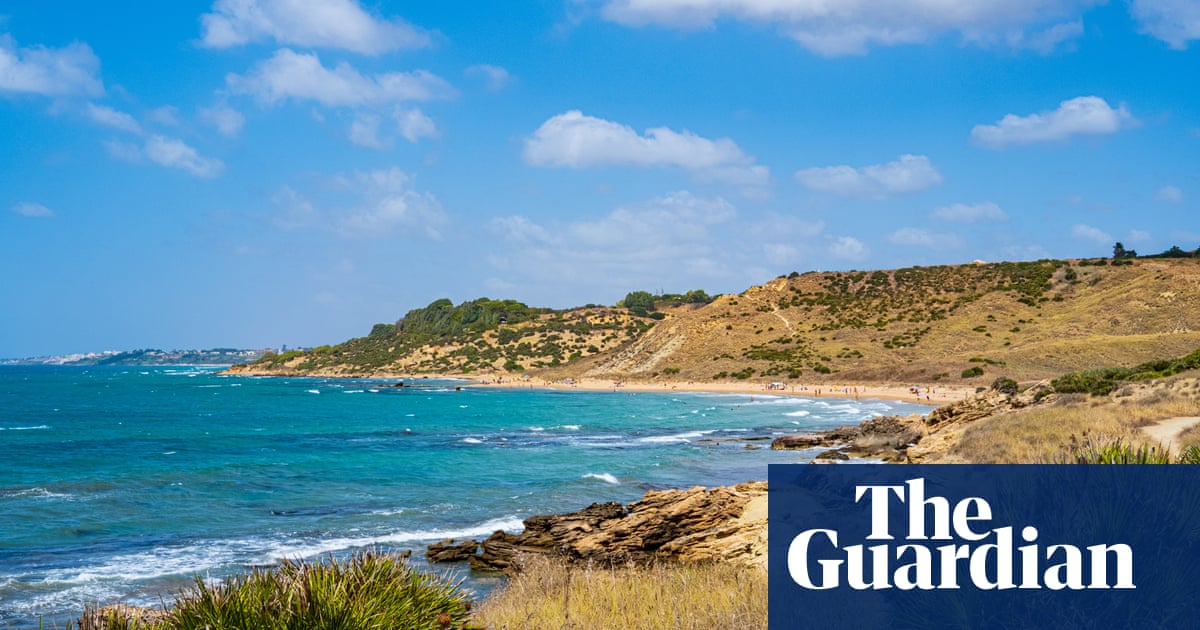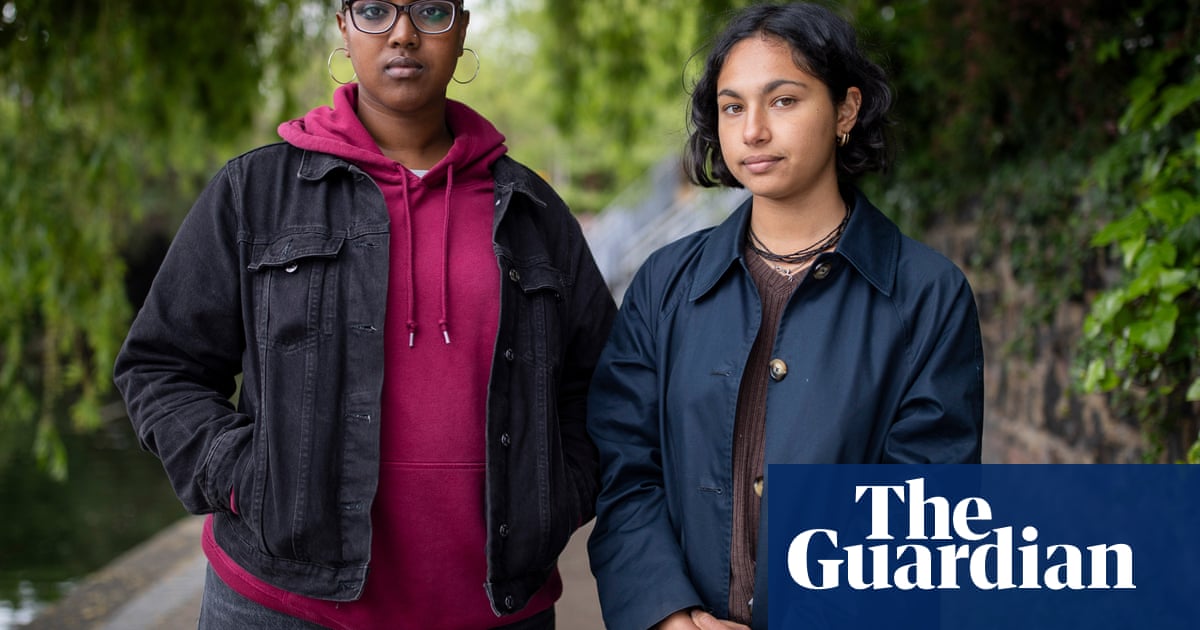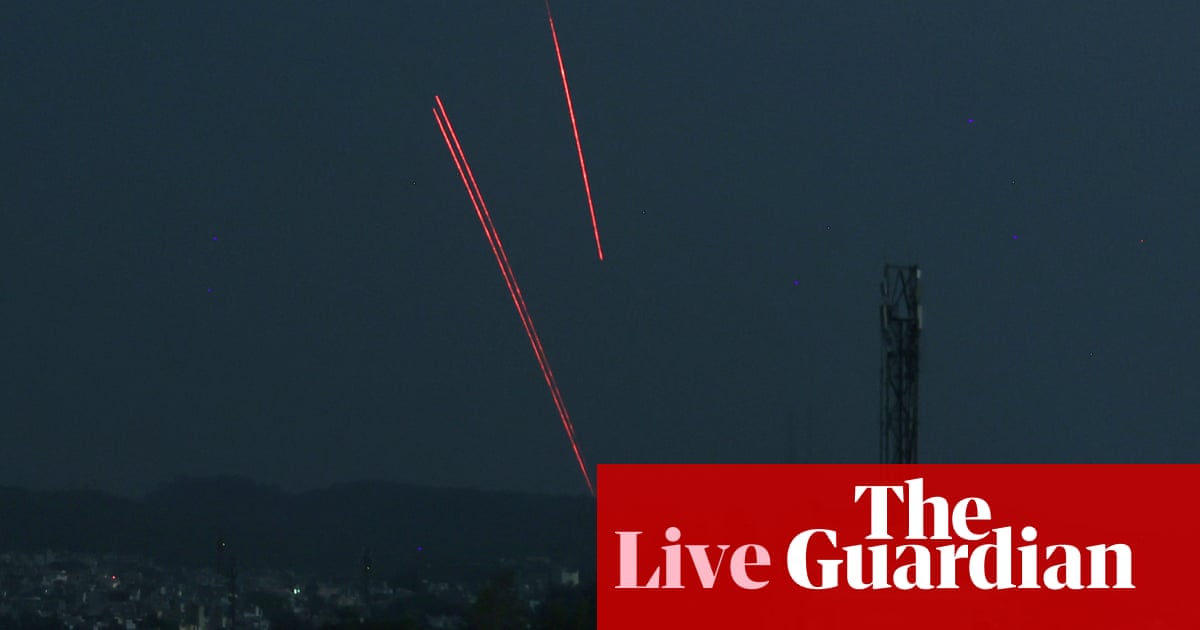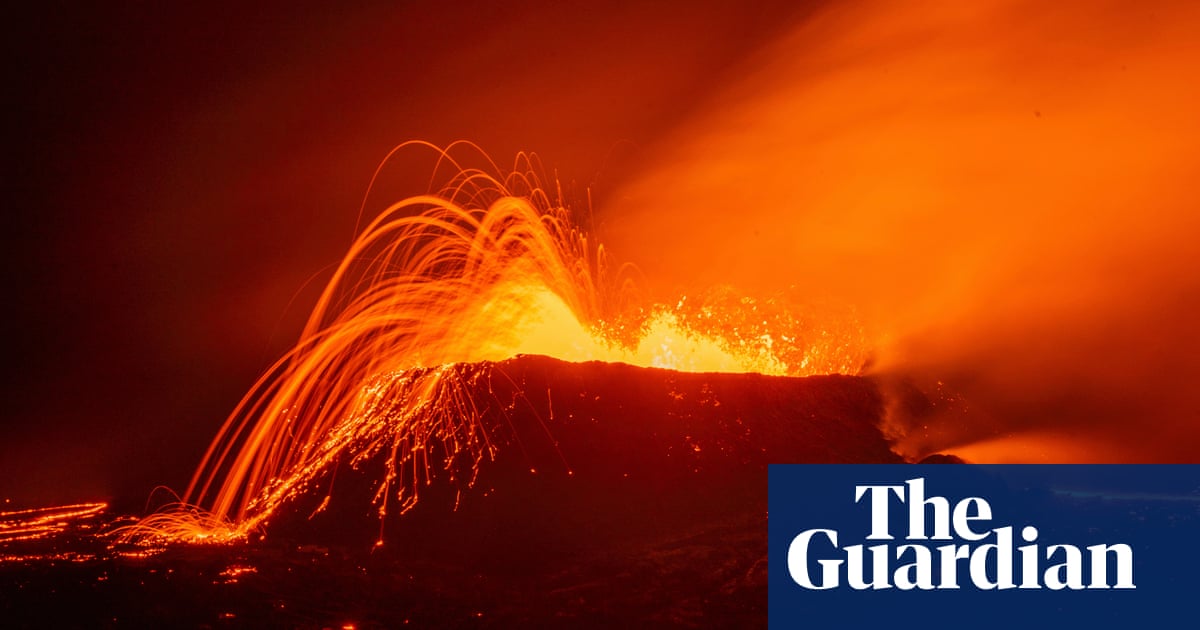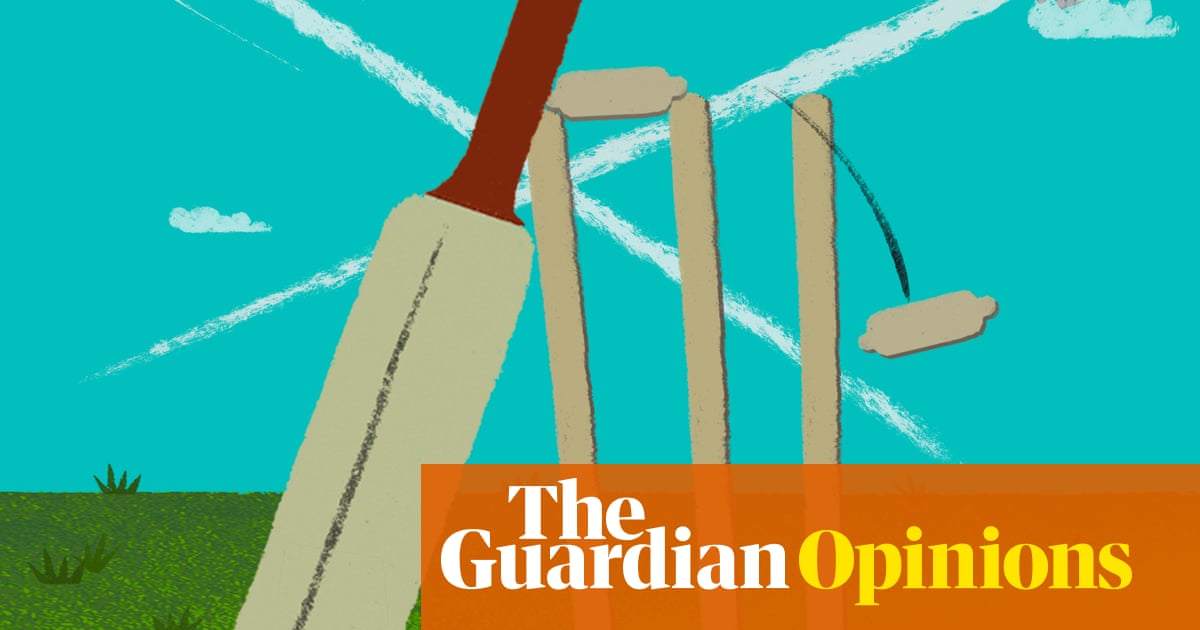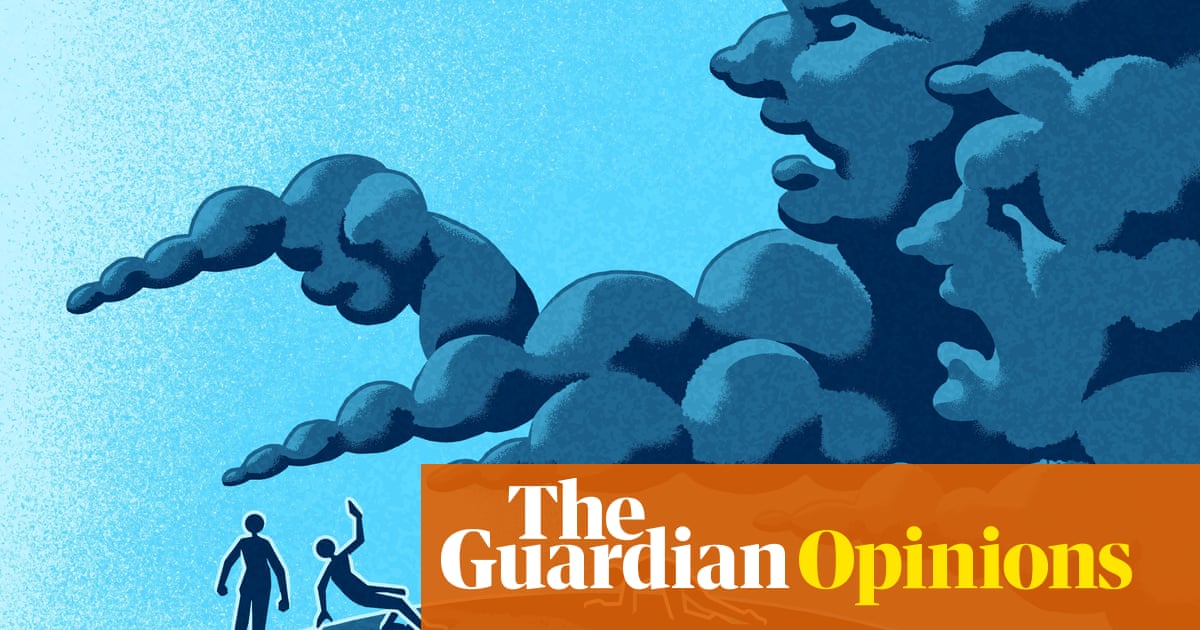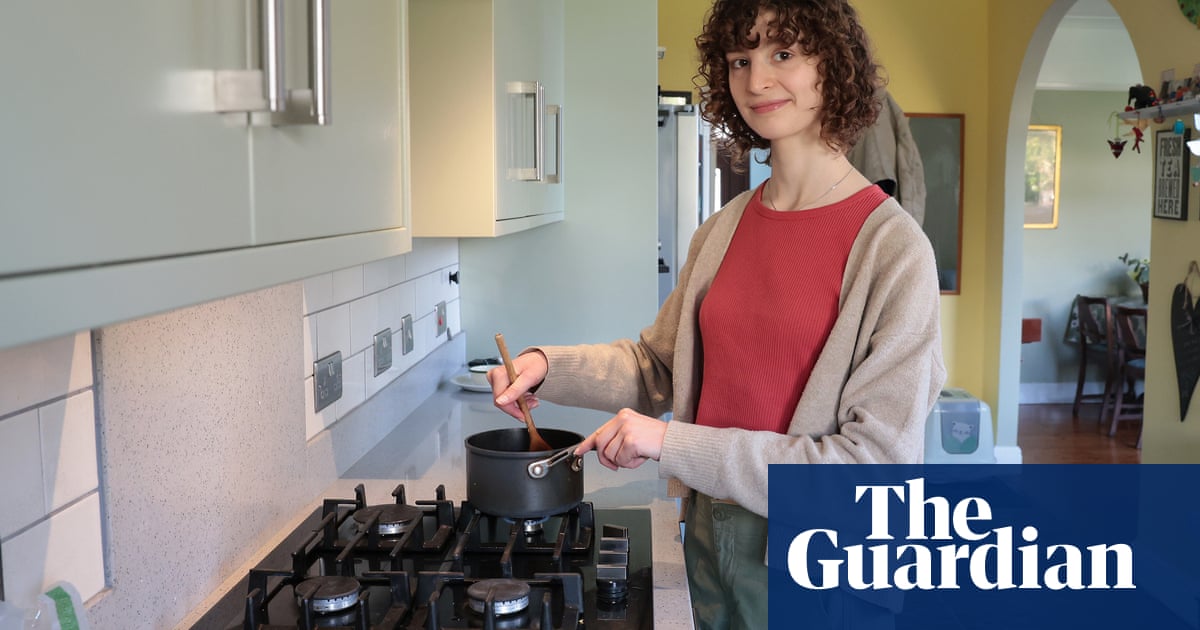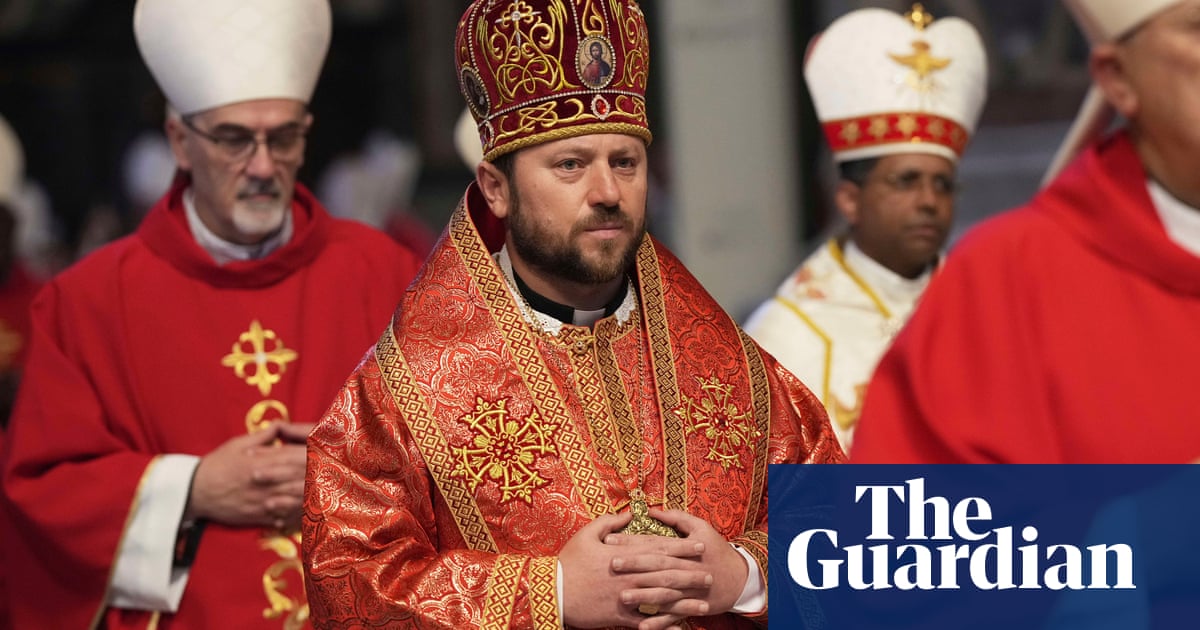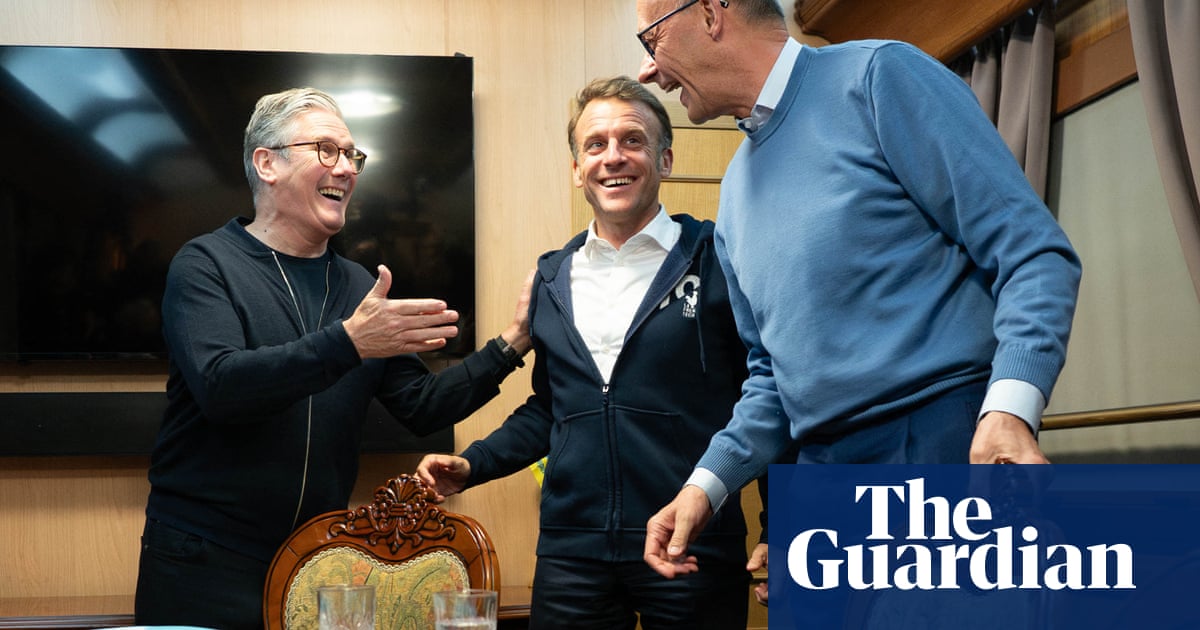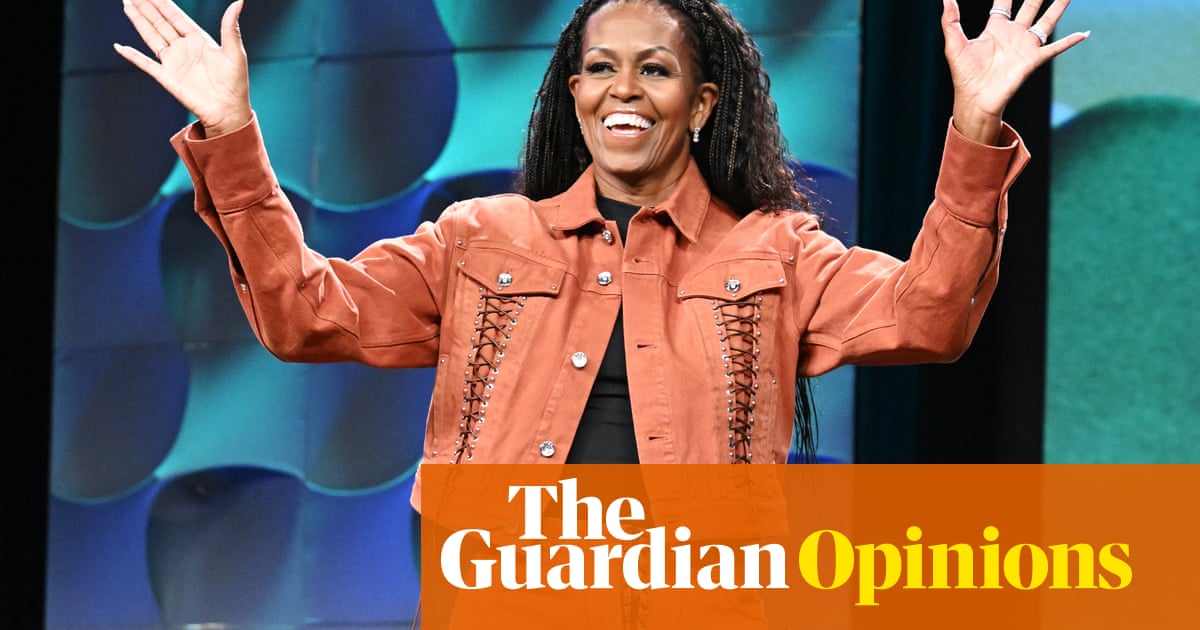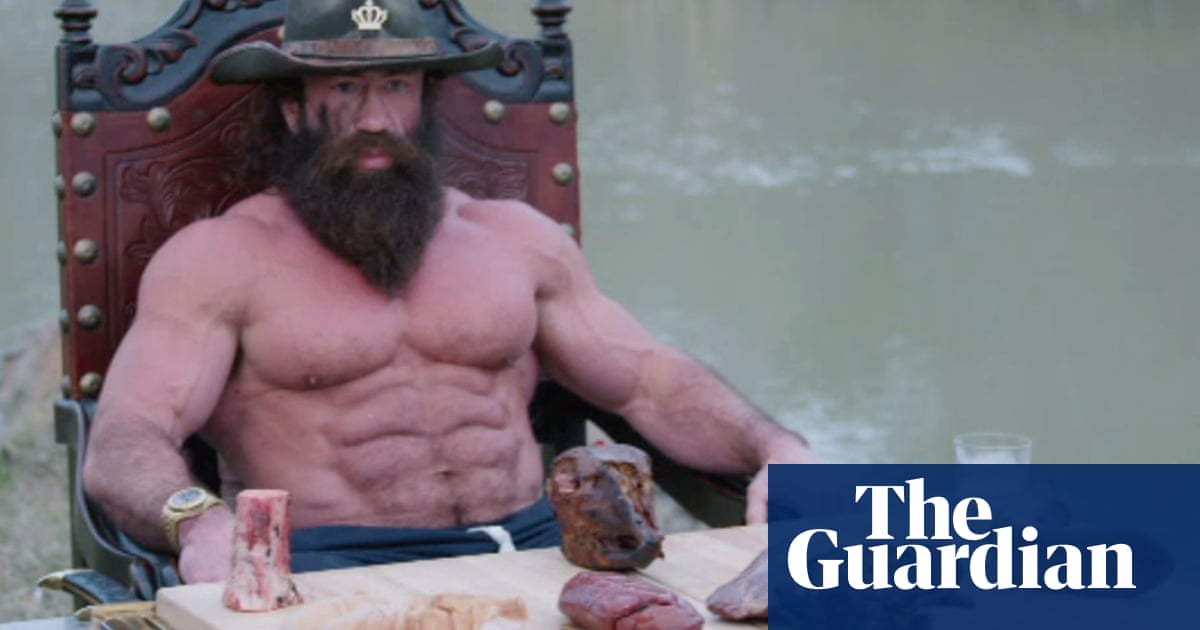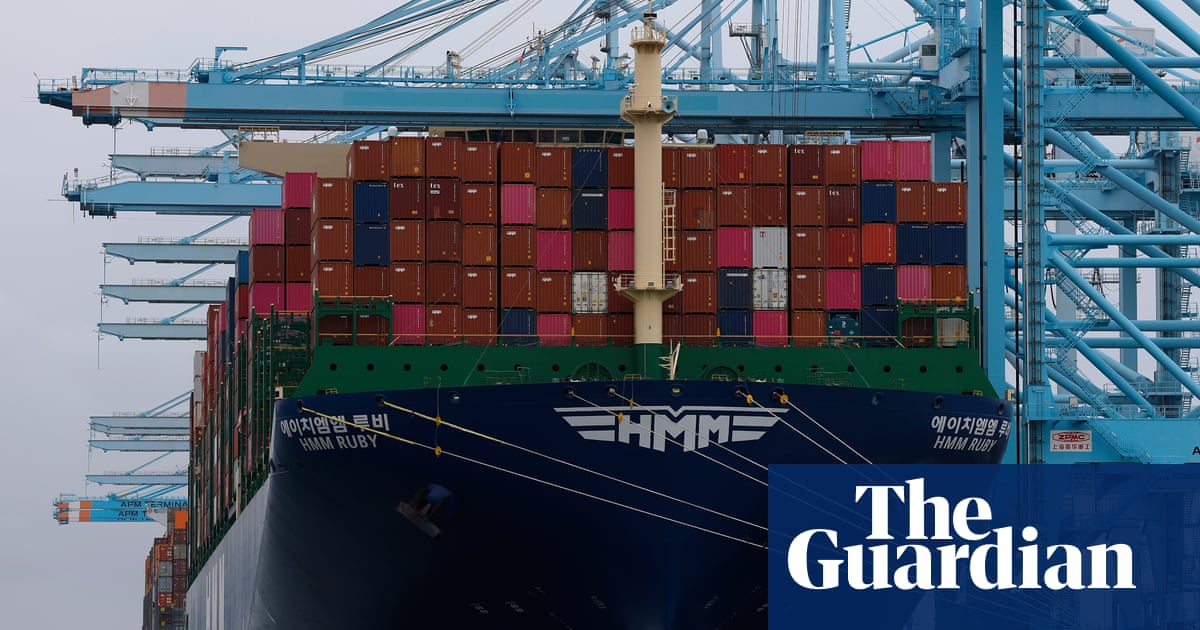The EU is under mounting pressure to suspend a controversial minerals deal with Rwanda that has been blamed for fuelling the conflict in the east of the Democratic Republic of the Congo.
Calls to freeze the agreement have grown after fighters from the Rwanda-backed M23 rebel group captured the city of Goma in the eastern DRC, escalating a decades-old conflict and raising fears of a regional war.
With the people of Goma, in North Kivu province, going hungry and relief efforts paralysed, Belgium, the former colonial power in DRC and Rwanda, is leading calls for the EU to suspend the 2024 agreement intended to boost the flow of critical raw materials for Europe’s microchips and electric car batteries.
“The international community must consider how to respond, because declarations have not been enough,” said Belgium’s foreign minister, Bernard Quintin, last week during a visit to Morocco. “We have the levers and we have to decide how to use them.”
Diplomatic sources said Belgium had pressed for a suspension of the EU-Rwanda minerals agreement at several levels, including at a meeting of EU foreign ministers last Monday.
Brussels and Kigali signed a memorandum of understanding (MoU) on sustainable raw materials value chains in February 2024. The EU gets access to raw material sources that include tin, tungsten, gold, niobium and potential lithium and rare earth elements. Rwanda is the world’s largest extractor of the rare earth metal tantalum, which is used in chemical equipment. The EU is giving Kigali €900m (£750m) to develop its infrastructure in raw materials extraction, health and climate resilience.
The money comes from the global gateway, the EU’s €300bn answer to China’s belt and road initiative, which funds infrastructure projects around the world.
After the deal was signed, the infuriated Congolese president, Félix Tshisekedi, described it as “a provocation in very bad taste”.
Tshisekedi accuses Rwanda of plundering the DRC’s resources, and several UN reports say Rwanda uses the M23 group as a means to extract and then export minerals. Rwanda denies this and says its primary interest in eastern DRC is to eradicate fighters linked to the 1994 genocide.
The US government has also raised concerns that armed groups are benefiting from illegal trade in Congolese minerals, including gold and tantalum. “Significant quantities” of Congolese minerals are being moved by traders, supported by armed groups and security services, to Rwanda and Uganda, where they are sold on to international buyers, the US embassy in DRC has said. “In many cases, these minerals directly or indirectly benefit armed groups,” it said.
The UN has said Rwanda has “de facto control” over the M23 rebels, who are well-equipped and well-trained.
Hilde Vautmans, a Belgian liberal MEP who leads the European parliament’s EU Africa delegation, has backed calls to suspend the agreement. “Given the overwhelming evidence that Rwanda is involved in supporting the M23 rebels in eastern Congo, it is imperative that the EU takes urgent action,” she said, listing targeted sanctions, a freeze on EU development aid and the immediate suspension of the MoU.
A further 15 MEPs – Greens, liberals and leftwingers – have made the same demand for a suspension of the EU agreement. The MoU, they wrote in a recent letter, failed to take into account Rwanda’s role in eastern DRC and “unjustifiably grants international legitimacy to the Rwandan regime”.
after newsletter promotion
“The EU must not be complicit in the humanitarian tragedy unfolding in North Kivu,” the letter said.
Emily Stewart, who works on transition minerals at the NGO Global Witness, said there was a “clear moral imperative” to suspend the agreement.
“The situation in Goma highlights the importance of ensuring that the energy transition does not further embed inequalities and conflict already experienced in mineral-rich regions. The current rush for minerals has the potential to embolden violent and bad-faith actors. To counter this, agreements and plans going forward for mining for transition minerals should be made in tandem with communities.”
The UK has suggested suspending aid to Rwanda, while Germany has cancelled meetings and said it was in talks with other donors about “further measures”.
The European Commission has so far brushed aside criticism of the 2024 deal with Rwanda: a spokesperson last Tuesday said critical materials were “essential to achieve the green and digital transition both within the EU and across the world”.
They said: “One of the main objectives of the partnership MoU with Rwanda is precisely to support the sustainable and responsible sourcing, production and processing of raw materials, and we will increase now in our work this traceability and transparency.”

 3 months ago
59
3 months ago
59
